Why is LEMAN pivoting towards carbon insetting
At LEMAN, we know that we can be part of the solution when it comes to climate change. Therefore, we take responsibility through our various carbon insetting initiatives. We do not offset – we take ownership, and we bring forth actual change. That’s good for the planet and that’s also good for your business.
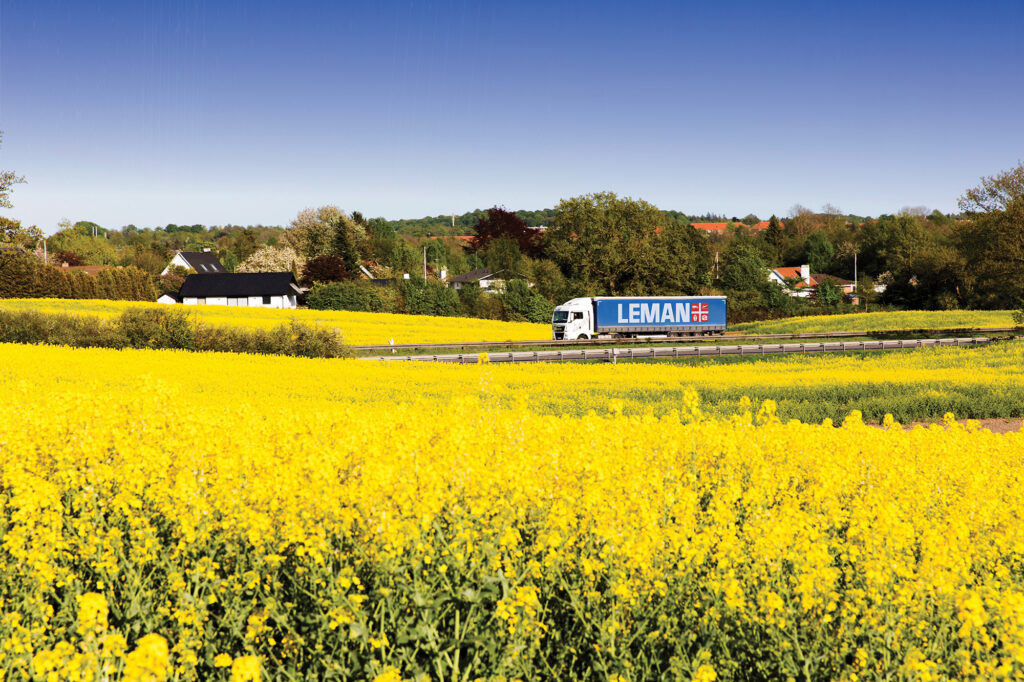
What is carbon offsetting?
Carbon insetting at LEMAN
Our partners
What is carbon offsetting?
Carbon offsetting is a practice where companies, organizations, or individuals compensate for their greenhouse gas emissions by buying carbon credits tied to projects that remove or reduce CO2 elsewhere—often outside their own operations or industry. Common offset projects include reforestation, renewable energy development (such as wind or solar farms), and methane capture from landfills.
The primary advantage for emitters is the ability to “neutralize” their own emissions by supporting these outside initiatives, which often enable them to meet regulatory, voluntary, or public climate commitments without directly reducing emissions from their operations.
However, offsetting has come under scrutiny for letting companies avoid or delay addressing their actual carbon footprint, relying on the assumption that a reduction elsewhere is as valuable as a reduction at the source.

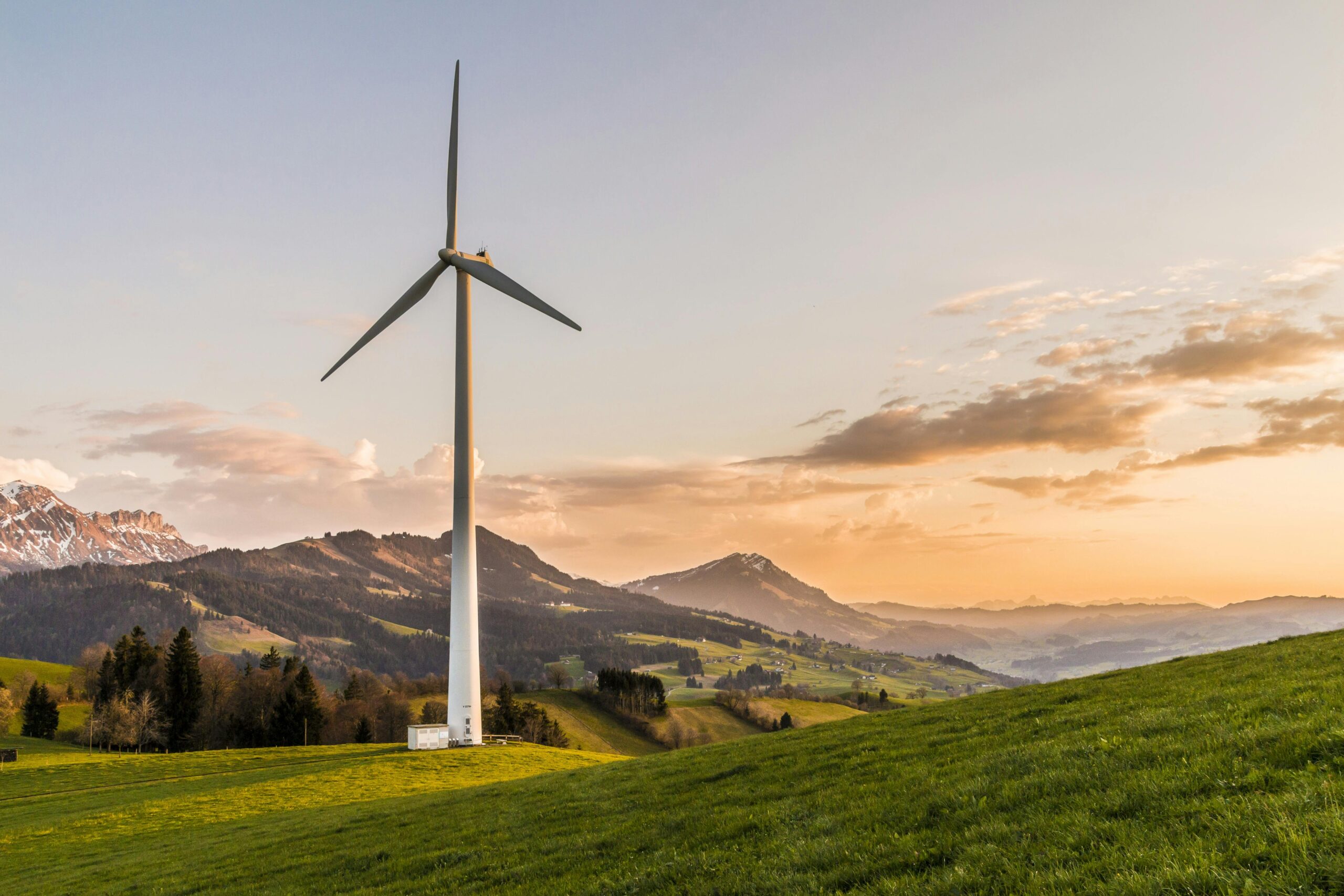
Introducing carbon insetting
Carbon insetting means investing directly in decarbonization initiatives within a company’s own operations or supply chain or sector. Instead of diverting funds to forest conservation projects in distant countries, a logistics company would, for example:
- Upgrade fleets to electric or hydrogen-powered vehicles;
- Invest in marine biofuels or Sustainable Aviation Fuels (SAF) for shipments;
- Retrofit engines or optimize logistics networks for higher efficiency.
The emissions reductions happen at the source, within the transport and logistics sector itself. Insetting creates direct, systemic change that not only reduces emissions but also helps build the future infrastructure for sustainable logistics.
The logistics industry and LEMAN are moving past carbon offsetting through direct investments (insetting) in decarbonizing freight and infrastructure. This will yield greater, lasting benefits—not only for climate goals, but for transparency, innovation, and industry-wide progress.
Carbon insetting focuses on scope 3 emissions — the indirect emissions from our supply chain, such as transport and logistics. By investing in improvements within our own operations and with partners, we can cut these upstream and downstream emissions. This helps LEMAN and our customers reduce their overall carbon footprint, not just the emissions from our own facilities.
To ensure our carbon insetting is credible, LEMAN uses independent third‑party verification and certification. These external audits confirm that reductions are real, measurable, and meet recognized standards. Through transparent verification, we avoid greenwashing and give customers and partners confidence in our sustainability impact.
LEMAN’s carbon insetting makes the company stronger and more competitive by cutting emissions right in the logistics operations. Investing in cleaner vehicles, fuels, and smarter routes helps LEMAN meet future rules and customer needs while standing out as a leader in sustainability. This sets LEMAN apart from others in the industry.
Empowering you to monitor CO2e emissions is one of the many functions of yourLEMAN portal. We offer this service at no additional cost.
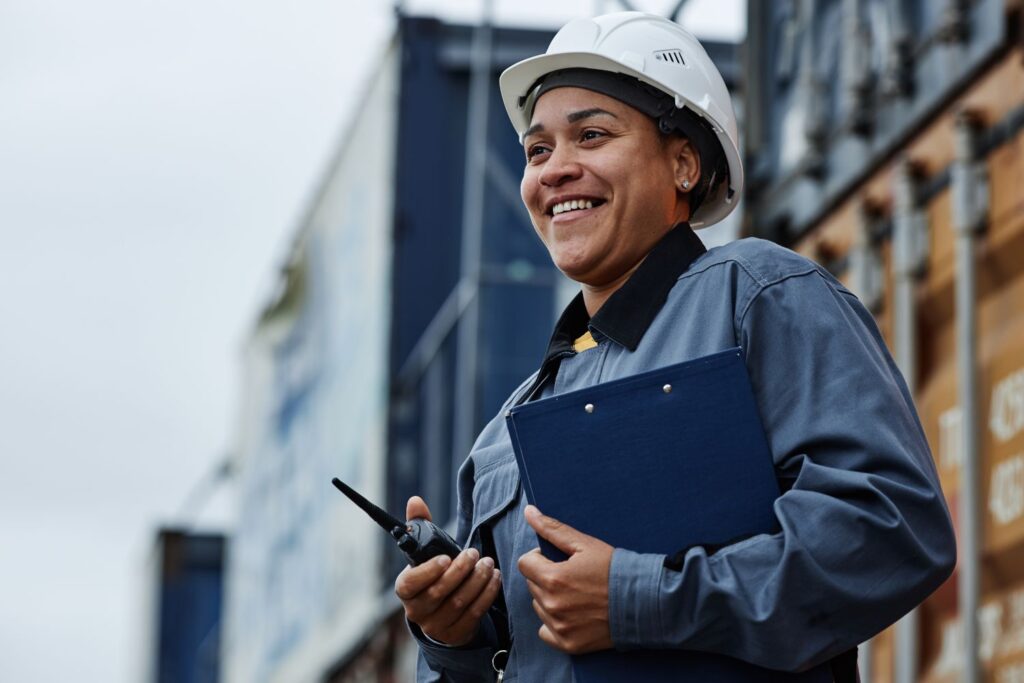
Key Drivers for the Shift to Insetting
- Greater climate impact: Real reductions at the source rather than theoretical compensation elsewhere.
- Industry transformation: Investments in new trucks, ships, fuel infrastructure, and technology foster innovation and accelerate sector-wide decarbonization.
- Transparency & accountability: Insetting aligns emissions reductions with actual logistics activities, promoting more credible reporting and progress.
- Collaboration: The logistics industry is beginning to unite around guidelines and frameworks (example: Book & Claim model), enabling both carriers and shippers to invest in and claim shared emissions reductions.
What are the insetting efforts undertaken by LEMAN?
At LEMAN, we are actively undertaking several carbon insetting efforts aimed at reducing emissions within our logistics operations and supply chain. This is aligned with our commitment to set Science-Based Targets.
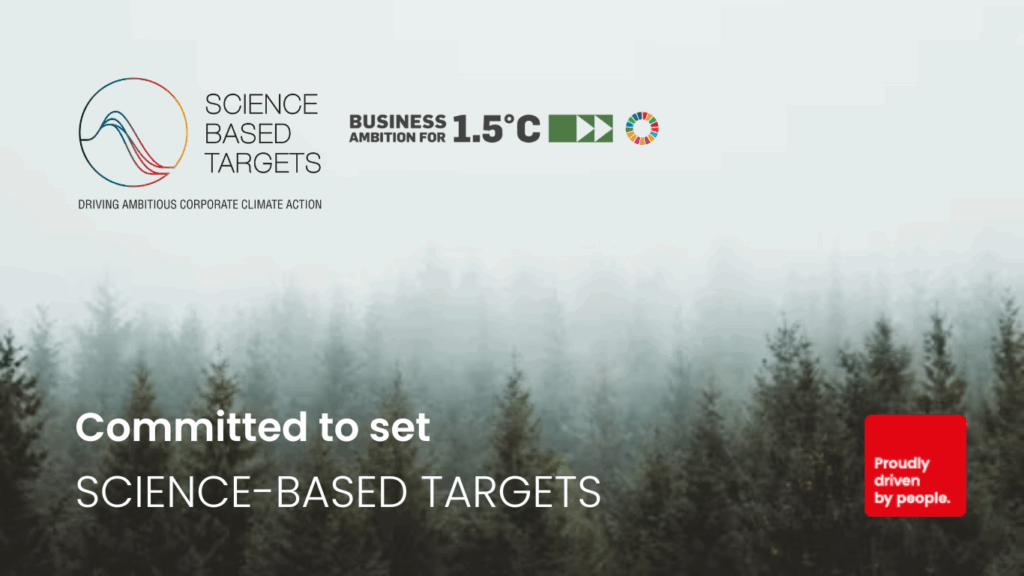
Our Eco Solutions
Eco Air Solution
Using sustainable aviation fuel (SAF)
Our Eco Air Solutions enables you to reduce your carbon footprint through the use of Sustainable Aviation Fuel (SAF) to reduce air freight emissions by up to 80% compared to fossil jet fuel.
Eco Sea Solution
Reducing sea freight emissions by up to 75% compared to traditional bunker fuel by switching carriers to Sustainable Marine Fuel (SMF), again using indirect insetting and book-and-claim methods.
Our partners
Partnership with GoodShipping
At LEMAN, we collaborate with GoodShipping, a pioneer in carbon insetting for shipping, to replace fossil fuels with sustainable biofuels across their operations. This partnership allows us – and you – to achieve verified, measurable CO₂ reductions through sustainable biofuel use, facilitated by GoodShipping’s book-and-claim platform, which enables flexible insetting even if the fuel is not directly used in a specific shipment.
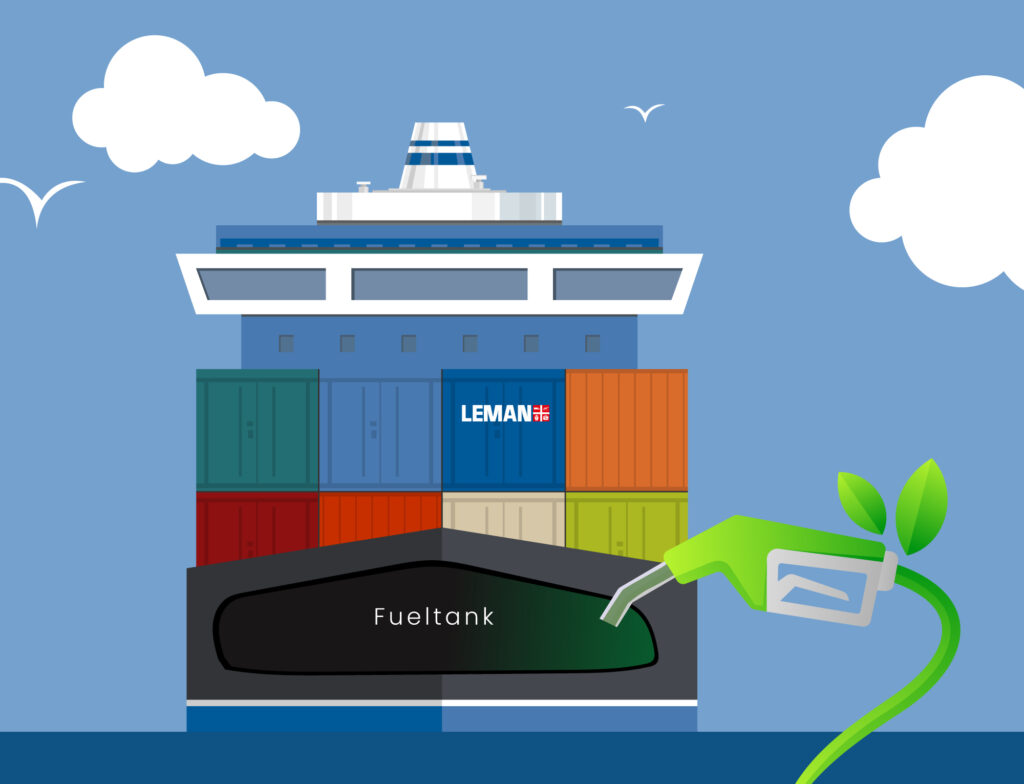
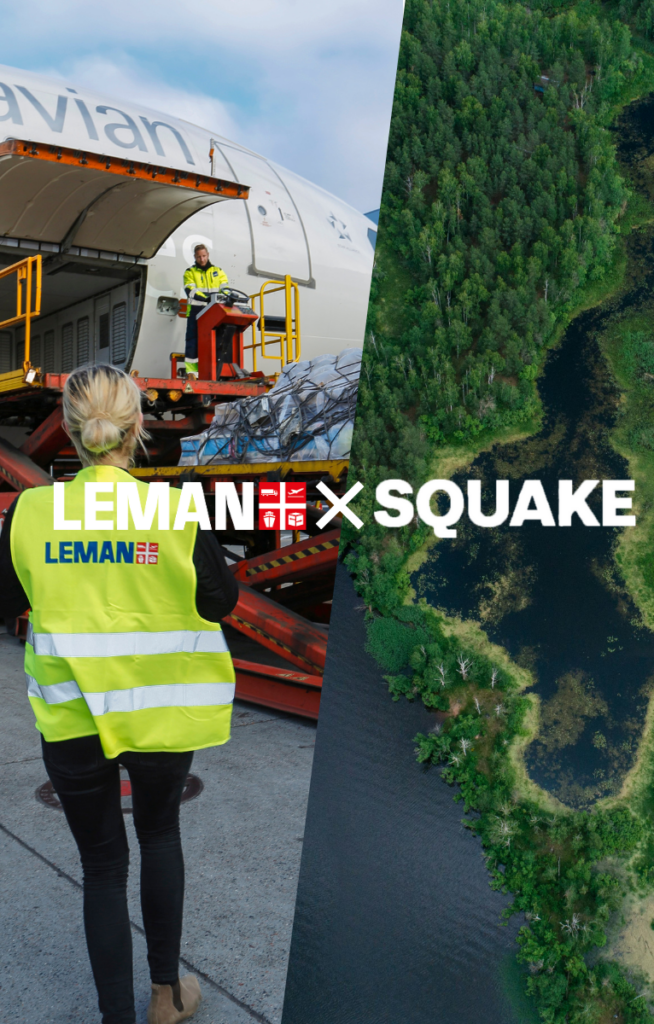
Collaboration with Squake
Through a partnership with SQUAKE, LEMAN provides eco-friendly transportation solutions across air and sea freight, including sustainable fuel certificates, enhancing their emission reduction offerings.
Any questions?
Get in touch with Sandhya Menon
Group Sustainability Advisor

Sign up for our newsletter
Get news about our organisation, our people, sustainability, products and what happens in the industry.
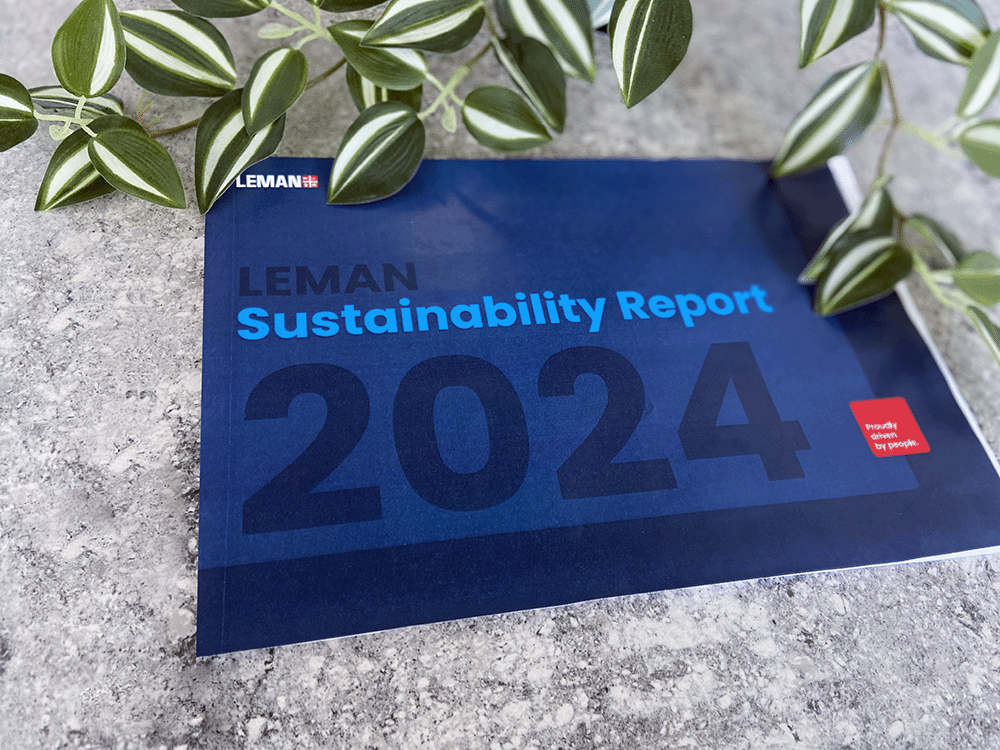
Sustainability Report 2024
Read our Sustainability Report for 2024 and get the full overview of how LEMAN approaches sustainability, the quantified results of our strategy, what initiatives we have taken so far and what we plan for the future.
About LEMAN
LEMAN was founded in 1900 and is a global transport and logistics provider
Eco solutions
Committed to reducing the environmental impact of logistics with eco transport
News
Find customer cases, industry news and news about current event.